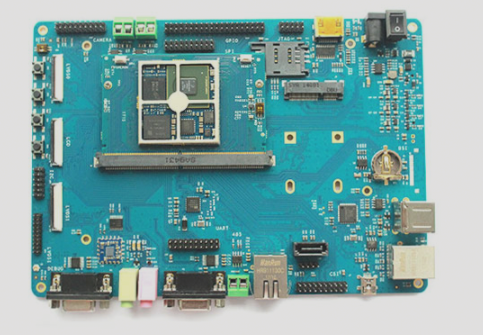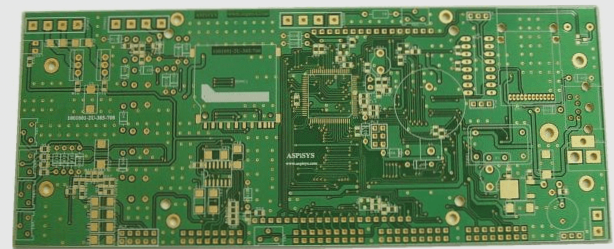PCB Manufacturing Workshop: Requirements for Environment and Personnel
In PCB manufacturing, the workshop is the central hub where most production and processing activities take place. The workshop’s environment and the quality of its personnel play a crucial role in reflecting the factory’s corporate culture and excellence. Let’s delve into the workshop to understand the essential requirements for both the environment and the personnel.
PCBA Production Workshop
The PCBA small-batch proofing and production equipment, coupled with SMT patch processing technology, impose specific demands on various aspects:
- Power Supply: Ensure adequate power supply to meet equipment requirements.
- Ventilation Capacity: Maintain proper exhaust and flue gas emission systems.
- Temperature and Humidity: Keep workshop temperature at 23±3°C and relative humidity between 45% and 70% RH.
- Static Protection: Implement anti-static measures to safeguard precision electronic components.

Specific Requirements for Workshop Environment:
- Temperature and Humidity: Maintain workshop temperature at 23±3°C and relative humidity between 45% and 70% RH for optimal equipment operation.
- Ventilation Capacity: Ensure proper exhaust systems for reflow soldering and wave soldering equipment.
- Power Requirements: Meet the power supply voltage and capacity needs of processing equipment.
- Static Protection Requirements: Implement anti-static measures such as wearing anti-static overalls and wristbands.
The workshop is the core of the PCB factory, emphasizing the importance of a safe and healthy environment for all staff members. Regular training on workshop environment and personnel requirements is crucial, especially for small batch PCBA proofing to ensure operational efficiency and employee well-being.

